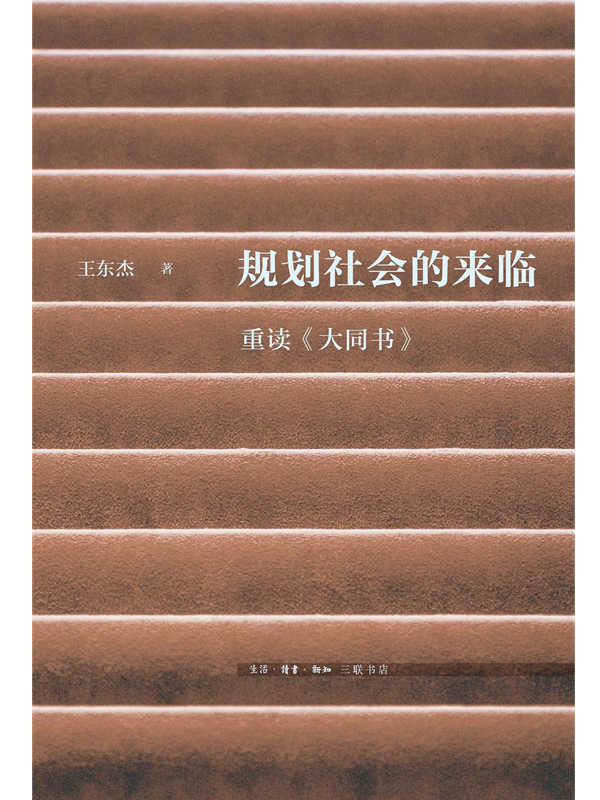
As the first Utopian work in Chinese history, The Book of Great Unity (Da Tongshu) embodies Kang Youwei’s meticulous vision of a future society. Previous studies of this text have primarily focused on its composition period, textual evolution, intellectual origins, and content. This book, however, seeks to demonstrate that this seemingly utopian work is profoundly rooted in the reform processes of modern China, signaling a pivotal shift in Chinese intellectual orientation. Through a close reading of The Book of Great Unity, the author re-examines the evolution of the “Great Unity” concept, its resurgence in the late Qing era, and its connections with Western ideologies. The analysis further explores the theoretical premises underpinning the text, outlines Kang’s model of rationalist planning, and ultimately situates The Book of Great Unity within the broader context of modern Chinese history, offering insights into the foundational characteristics of Chinese modernity.
